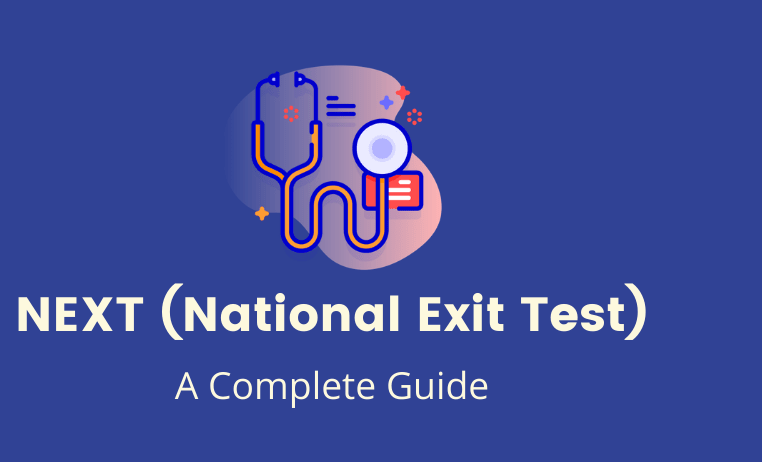
The National Exit Test (NEXT) is an upcoming milestone in the Indian medical education landscape. Set to streamline the licensing process for medical graduates, NEXT aims to replace the existing system of final year MBBS exams, NEET-PG, and FMGE (Foreign Medical Graduates Examination). In this blog, we will delve into the intricacies of NEXT, its structure, benefits, and implications for medical students and professionals.
NEXT is a uniform exit examination proposed by the National Medical Commission (NMC) to standardize the evaluation of medical graduates across India. This single-window exam will serve multiple purposes:
The primary objectives of NEXT include:
The National Exit Test will be conducted in two parts:
NEXT Step 1:
NEXT Step 2:
The National Exit Test (NEXT) is poised to revolutionize the medical education system in India. By providing a standardized, comprehensive evaluation, it aims to enhance the quality of medical graduates and, ultimately, the healthcare system. While challenges remain, the benefits of a uniform, streamlined licensing and postgraduate entrance process are significant.
Medical students and professionals must stay informed and prepared for this significant change. With focused preparation and a thorough understanding of the NEXT structure, aspiring doctors can navigate this transition successfully and contribute to the advancement of medical care in India.
1 When will NEXT be implemented?
2. Will NEXT replace the NEET-PG and FMGE exams?
3. How should students prepare for NEXT?
4. What are the components of NEXT?
For more info regarding admission & guidance to choosing right college connect MBBS Mantra India’s First Leading MBBS Admission Consultancy.
If you interesting to know best MBBS countries in Abroad click here
+91 79884 92838
+7-7476968536